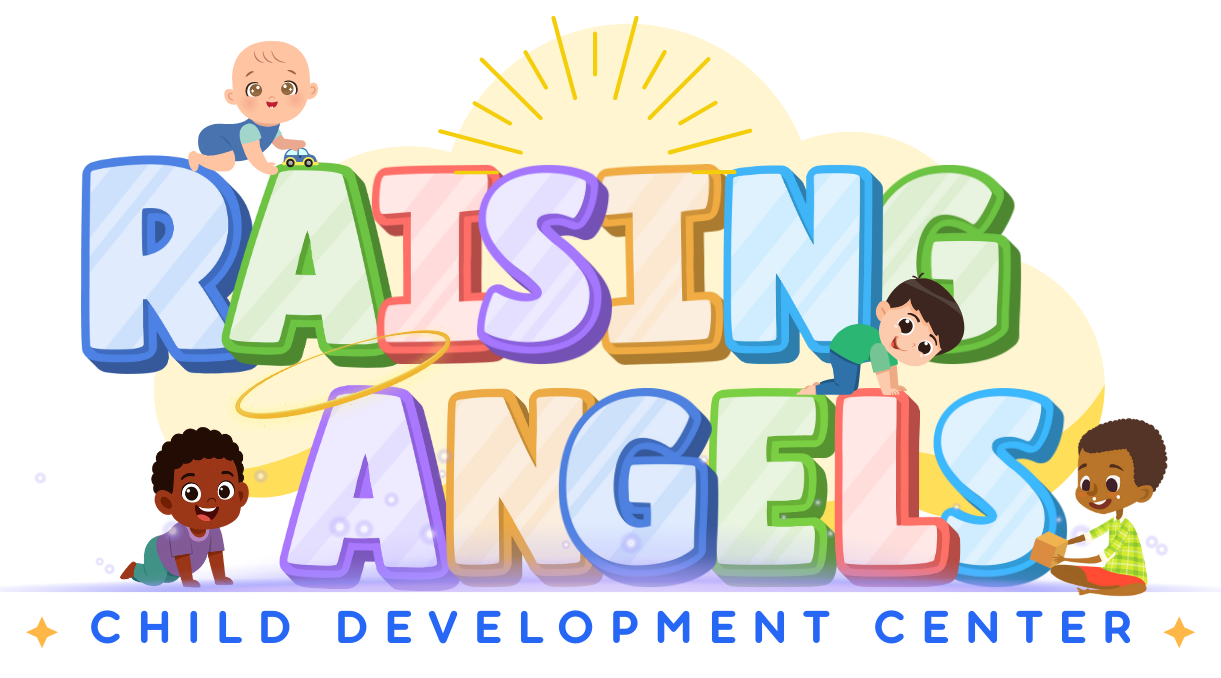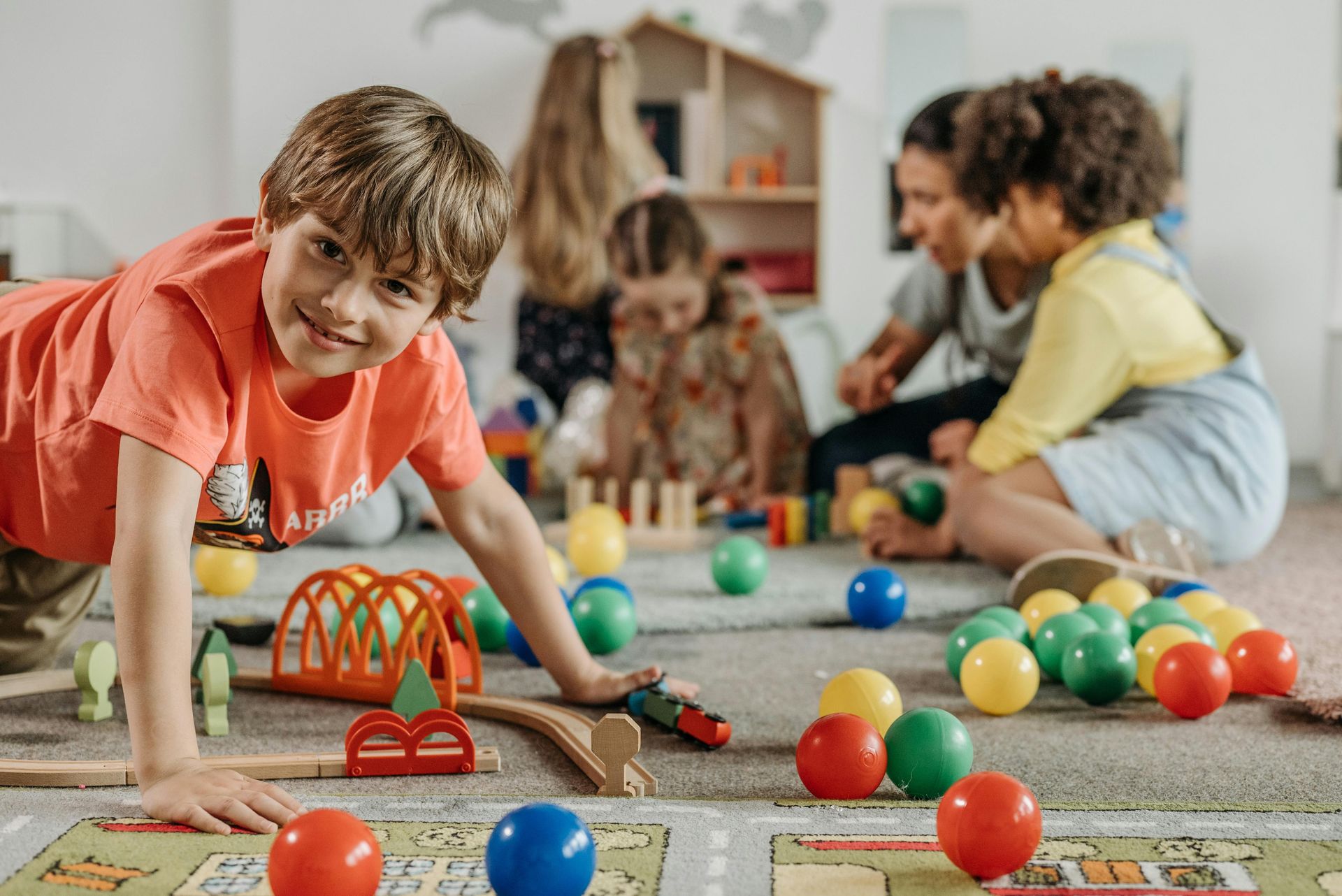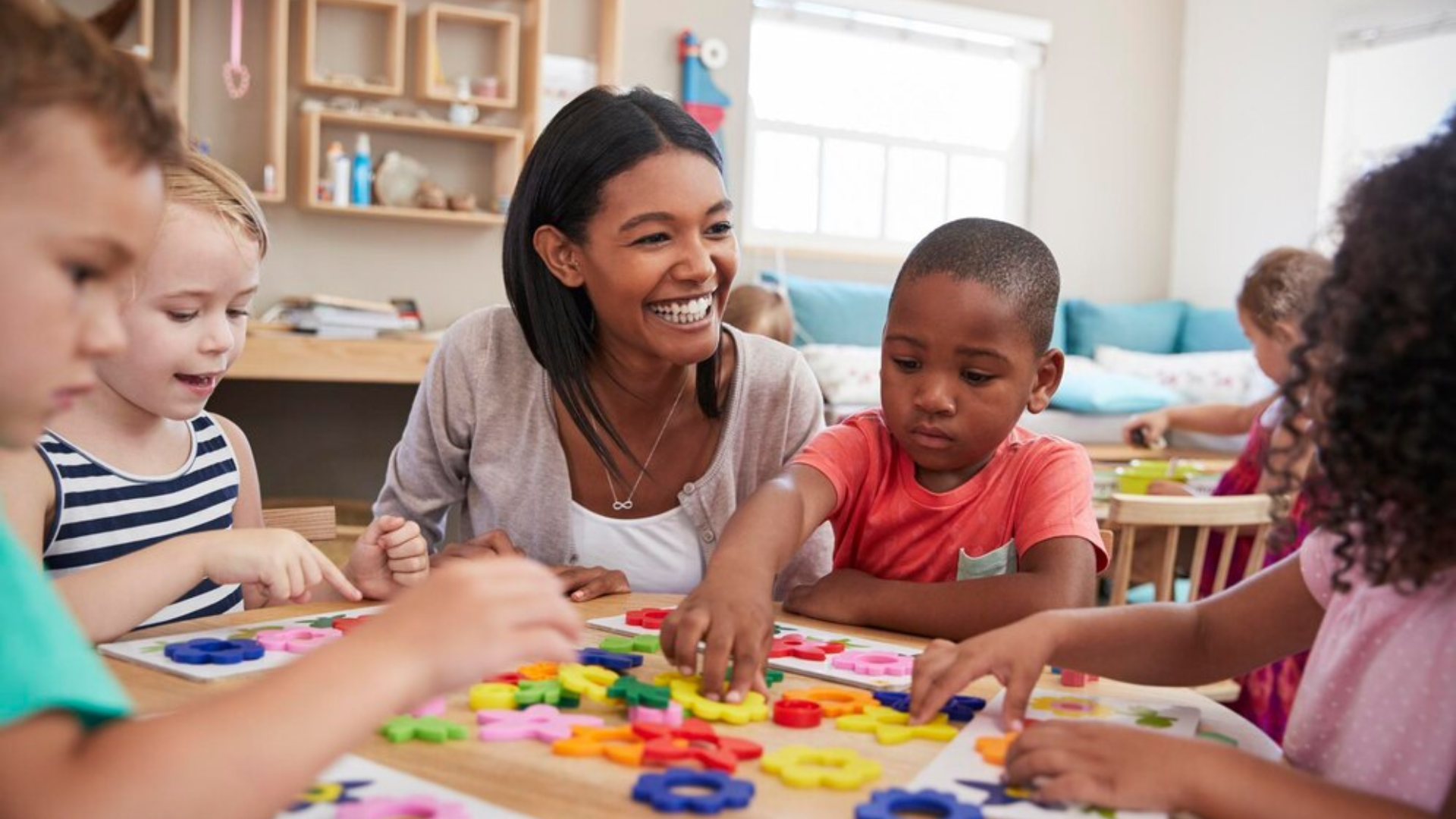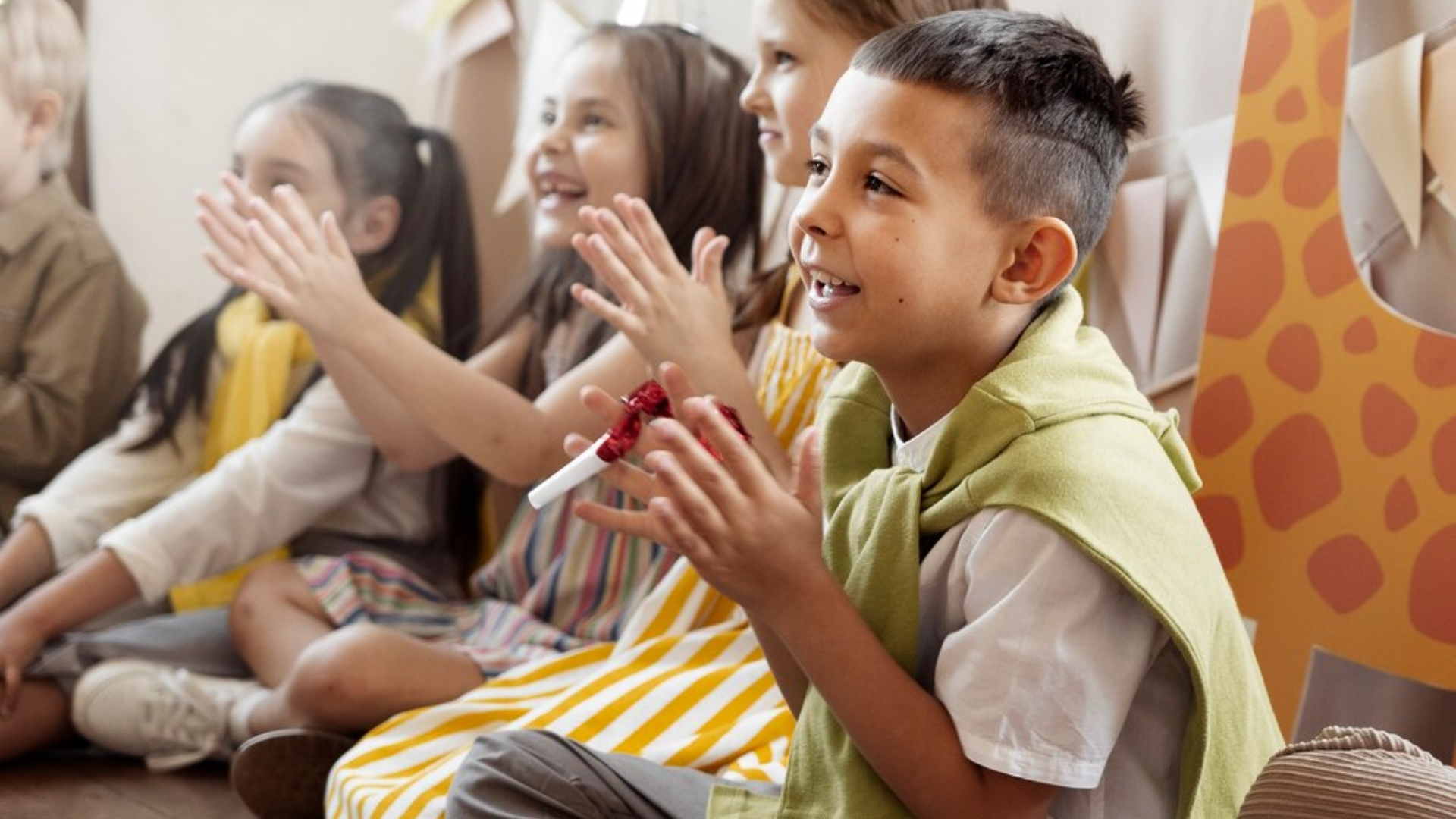August 19, 2025

5 Phrases That Help Kids Feel Safe During a Meltdown
If you've ever sat on the floor next to a crying toddler, unsure of what to say or do... you're not alone. As moms, caregivers, and parents, we’ve all been there—heart racing, brain scrambling for the “right” thing to say. But in those intense moments, words can be more powerful than we think. Not because they magically fix everything, but because they ground our children. They offer something their little nervous systems desperately need: connection and safety.
In this post, I want to share 5 phrases that have helped me — and many other parents I’ve worked with — get through those big-feeling moments. We’ll break down why each phrase works, how to use it, and what’s really going on inside your child’s brain when they’re melting down.
Let’s talk about language, empathy, and the real power of just showing up.
Why Language Matters During a Meltdown
Meltdowns are not misbehavior. They’re stress responses. Whether it's a skipped nap, a broken crayon, or a backpack that’s “too heavy,” your child is overwhelmed, not manipulative.
In those moments, the thinking part of the brain (the prefrontal cortex) goes offline. Your child isn’t in a place to reason, negotiate, or respond logically. What they can do, however, is feel your presence. Hear your tone. See your face. And if the words you say match your calm presence? That’s where safety starts.
That’s why our words matter. Because we’re not just talking to our kids — we’re speaking directly to their nervous system.
Let’s break down each phrase.
Phrase 1: “I see you.”
This phrase is deceptively simple — but it’s everything.
Why it works:
Children, especially during distress, need to feel seen. “I see you” is not about observing the behavior. It’s about acknowledging the experience. That validation can calm the nervous system and reduce the need to escalate.
In many cases, a child will act out even more if they feel invisible or misunderstood. Saying "I see you" grounds them in the moment.
How to use it:
Say it slowly. Quietly. Look them in the eye or sit near them.
“I see you're really upset right now.” “I see you’re trying so hard.”
It tells your child: You are not invisible in this moment. I’m with you.
A deeper look:
When children feel seen, they begin to relax their guard. This opens the door for emotional regulation and eventually conversation. If we skip this and go straight to correction or distraction, we miss an important emotional connection point.
Sometimes I’ll even say, "I see that big feeling," especially if my child doesn’t have the words for what they’re feeling. It gives them permission to be messy, without shame.
Phrase 2: “I’m here.”
This is one of the most powerful things you can say. It answers the deepest fear your child has during a meltdown: “Am I alone in this?”
Why it works:
When kids lose emotional control, their body feels unsafe—even if they’re in the middle of the living room. Your physical and verbal reassurance activates the “social safety” part of the brain (the vagus nerve) and helps bring regulation back online.
Being present without pressure is a gift. It communicates: "Even when you're falling apart, I'm not leaving you."
How to use it:
Sit nearby (or hold them if they want), and softly say:
“I’m here. I’m not going anywhere.” “You don’t have to do this alone.”
You’re not taking the feelings away. You’re simply saying, “You don’t have to carry them by yourself.”
Personal reflection:
I’ve used this phrase more times than I can count, especially during those early toddler years when meltdowns felt frequent and unpredictable. The surprising part? It helped me regulate too. Saying it reminded me to stay present and patient.
Phrase 3: “You’re safe.”
This one might seem redundant, especially if you’re at home in a peaceful environment. But remember — your child’s inner world might feel anything but safe.
Why it works:
Your child’s brain, in meltdown mode, is interpreting everything as a threat. The phrase “You’re safe” is a direct message to the nervous system that there is no danger here — and the body can begin to calm.
Even if the meltdown started because you said "no" to a cookie, your child’s body is reacting as if something critical is wrong. They need to know they’re not in trouble, they’re not in danger, and that this emotional chaos won’t break the relationship.
How to use it:
Use it sparingly and only if you can match the energy behind it. If you're shouting “YOU’RE SAFE!” while frustrated, the message won’t land.
Instead, breathe with them. Stay soft. Try:
“You’re safe. Mommy’s here.” “It’s okay. You’re safe now.”
Tip:
This phrase is especially helpful for children with trauma histories or anxiety. But even for children with stable routines, it’s powerful.
Phrase 4: “It’s okay to feel this.”
This phrase is a radical act of permission.
Why it works:
This phrase gives children permission to feel without shame. It tells them: “You are not bad for having big feelings.” That’s HUGE — especially in a world where we’re often taught to hide or silence emotions.
It helps reduce the fear of rejection and models emotional literacy.
How to use it:
Try:
“It’s okay to feel mad.” “It’s okay to cry. Crying helps.”
You’re helping them name and normalize their emotions. That’s something most of us didn’t get growing up — and it can feel awkward to say at first. But the more you practice it, the more natural it becomes.
Bonus:
It also helps you as the parent stay calm. When we accept the emotion (rather than resist it), we stop escalating the moment further.
Phrase 5: “Take your time.”
This phrase is an invitation. A breath of space.
Why it works:
Meltdowns can bring urgency — for both the child and the parent. But “Take your time” removes the pressure. It says: “You can go at your pace. I’m not rushing you to feel better for my comfort.”
Kids learn best when they don’t feel forced. This phrase is a quiet cue that you trust their process.
How to use it:
Once your child is starting to come down, say something like:
“You don’t have to talk yet. Take your time.” “I’ll be here when you’re ready.”
It teaches emotional pacing and models respect.
Real talk:
Sometimes my child will say something like, "I just need a moment." When I hear that, I remind them gently, "I’m here when you’re ready to talk." It’s important to teach children that needing space is okay, but how they express that need should still be respectful. We can guide them to use calm, polite words while also honoring their emotional needs.
What Happens When You Use These Phrases Consistently
You may not see instant results every time — and that’s okay. These aren’t magic words that end every meltdown in five seconds. They are connection tools. They build safety. They remind your child’s brain and body that you are a safe place.
Over time, you’ll notice:
- Your child begins to trust that their feelings won’t scare you
- Meltdowns may become less intense or shorter
- Your relationship feels more connected, not combative
- You start second-guessing yourself less
But What If I Mess Up?
You will. We all do.
Sometimes we yell. We rush. We say the opposite of what we meant. And afterward, we feel awful.
The truth? Messing up is part of parenting. What matters more is what you do next.
Circle back. Apologize. Say:
“I didn’t handle that the way I wanted to. I’m still learning too.”
That teaches repair — one of the most powerful skills your child can learn.
Parenting With Your Style in Mind
The more we understand how we parent — our strengths, our blind spots, our natural defaults — the more intentional we can be with how we show up in the hard moments.
That’s why I always recommend taking a few minutes to reflect on your own parenting style.
If you’re curious what yours is, there’s a quick and powerful quiz you can take. It’s less about labels and more about insight — so you can support your child in a way that feels authentic and aligned.
You’ll walk away with tools, encouragement, and a better understanding of how to lead your child with connection — especially during meltdowns.
Final Thoughts: Presence Over Perfection
If you only remember one thing from this post, let it be this:
Your calm presence speaks louder than any script.
You don’t need to say the perfect thing. You just need to be there. These phrases are simply tools to help you communicate what your child needs most in the heat of the moment: safety, connection, and your belief that their feelings are okay.
You're doing better than you think. And your child feels it — even when they can’t say so.
Want More Support Like This?
✨ Take the 60-second Parenting Style Quiz and discover your parenting superpower.
💛 Get custom tips, tools, and language to support your child’s development — and your peace of mind.
👉 [Take the Quiz Now]











